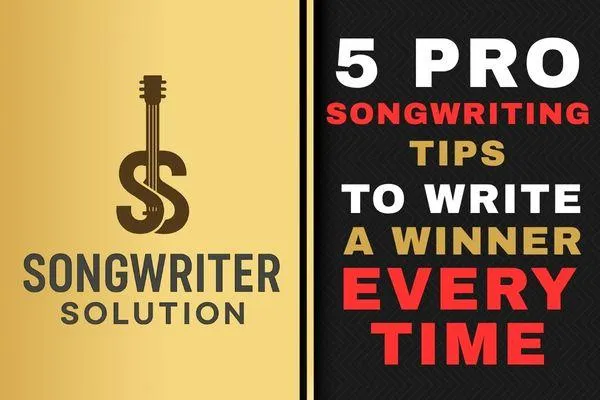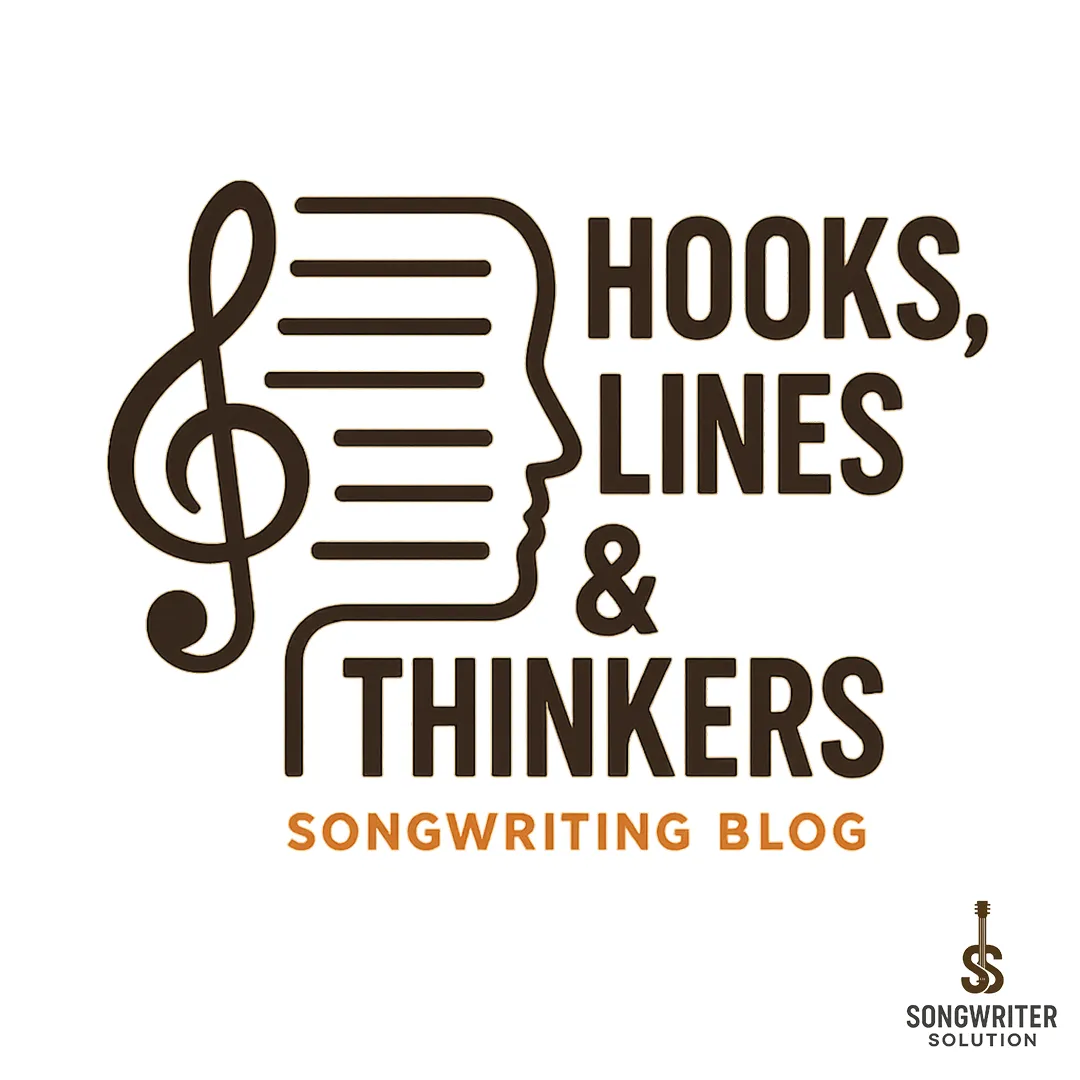
5 Pro Songwriting Tips to Write a Winner Every Time
Songwriting is both an art and a craft. While inspiration can strike at any moment, crafting a song that resonates deeply with listeners takes more than a spark of creativity. Whether you're writing for yourself, pitching to artists, or trying to land that publishing deal, these five tips will help you consistently write songs that stand out and connect.
1. Start With the Truth
Every great song begins with a seed of truth. Authenticity is what allows listeners to connect emotionally with your music. Writing from a place of honesty unlocks ideas and emotions that feel real, making your song relatable and memorable.
Why It Works:
Listeners can sense when something comes from the heart versus when it feels forced. Even if you're writing about a fictional story, grounding it in emotional truths ensures it resonates.
Example:
Imagine you're writing about heartbreak. Instead of starting with a generic concept like, "I was left behind," dig deeper into the raw emotion. Write something like, "The echo of your laughter still lives in our empty room." This specific and honest imagery creates a deeper emotional pull.
2. Find a Unique Title or Angle
Your song’s title is often the first thing people see, or hear. A great title doesn’t have to be flashy, but it should intrigue your audience. Even more important is the angle you take. A unique perspective gives your song originality and makes it memorable.
Why It Matters:
In a crowded industry, a fresh angle can be the difference between your song being skipped or celebrated. Listeners and industry professionals are drawn to something they haven’t heard before but can still relate to.
Example:
Instead of writing a love song titled "I Miss You," consider a fresh angle like "The Things I Never Said." This title adds intrigue while leaving room for storytelling, giving your listener a reason to lean in.
3. Make It Believable
Believability is about more than just truth... it’s about emotional authenticity. Listeners need to feel like your song is a genuine expression of emotion, whether or not it’s based on real events. Even the most clever lyrics fall flat if they sound contrived or lack heart.
How to Stay Believable:
Write lyrics that sound conversational, as if you're speaking directly to the listener.
Avoid overcomplicating your message in an attempt to sound clever.
Example:
Instead of writing a line like, "Your love is the algorithm to my heart’s equation," opt for something more grounded, such as, "Your love is the one thing that keeps me steady when everything else falls apart." Cleverness doesn’t always translate to connection—simplicity often does.
4. Write About What You Care About
The best songs come from a place of passion. Writing about something you deeply care about, or something that has affected you personally, makes the process more meaningful and the result more impactful. Even if the story isn’t your own, approaching it with empathy and emotional investment will elevate your songwriting.
Example:
If you've never experienced loss, but want to write about it, think about a moment of change or transition in your own life. Maybe it was leaving your hometown or saying goodbye to a childhood friend. Use those emotions to craft a universal story. For instance, your song could start with, "I still see the sun setting over the street where we grew up."
5. Study Your Craft
Songwriting is a skill that requires continuous learning. While inspiration and creativity are important, understanding the technical aspects of songwriting, such as structure, rhyme schemes, and melody, can take your songs to the next level.
Why It’s Crucial:
Even a brilliant idea can be derailed by technical mistakes. A clunky structure or lack of flow can distract from your message, no matter how heartfelt it is.
How to Improve:
Listen to songs you love and analyze their structure. Pay attention to how the verses, chorus, and bridge work together.
Study songwriting resources, take online courses, or join songwriting communities.
Set aside time to experiment with new techniques, like writing in different time signatures or exploring new rhyme schemes.
Bonus Tip: Clarity is Everything
No matter how great your idea is, if your audience doesn’t understand your message, your song won’t land. Focus on writing clear, concise lyrics before adding poetic flourishes. Start with the story or emotion you want to convey and ensure it shines through without confusion.
Example:
Instead of a vague line like, "I’m lost in the shadows of my mind," clarify it with something more specific, like, "I’m lost in the echoes of your goodbye." The latter paints a clearer picture while still being poetic.
Final Thoughts
Songwriting is a journey of passion, persistence, and growth. By starting with the truth, crafting unique angles, focusing on believability, writing about what you care about, and studying your craft, you’ll set yourself up for success every time you sit down to write.
Remember, the goal isn’t just to write songs, it’s to write songs that move people. Keep learning, keep experimenting, and most importantly, keep writing. The next hit song could be yours.
Looking for Tools to Improve Your Songwriting?
Explore songwriting books, join online communities, or invest in courses to refine your skills and learn from the best. Start your journey to becoming a better songwriter today!
Happy songwriting!

